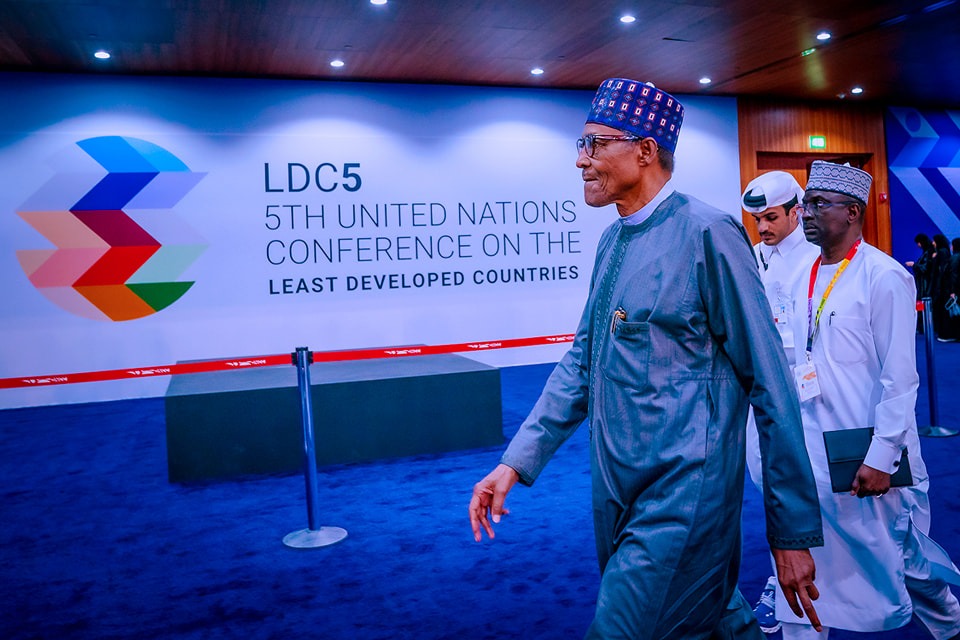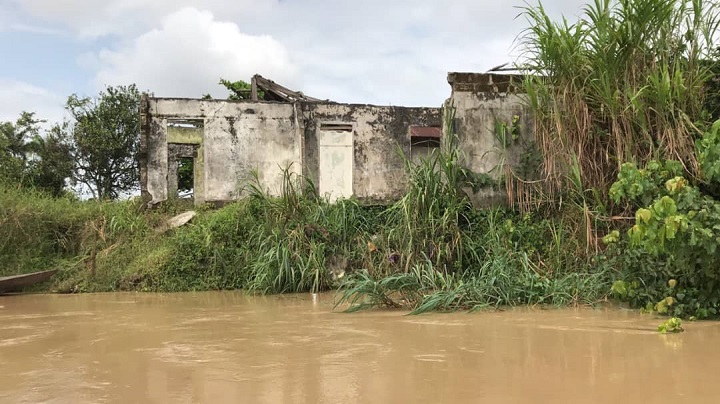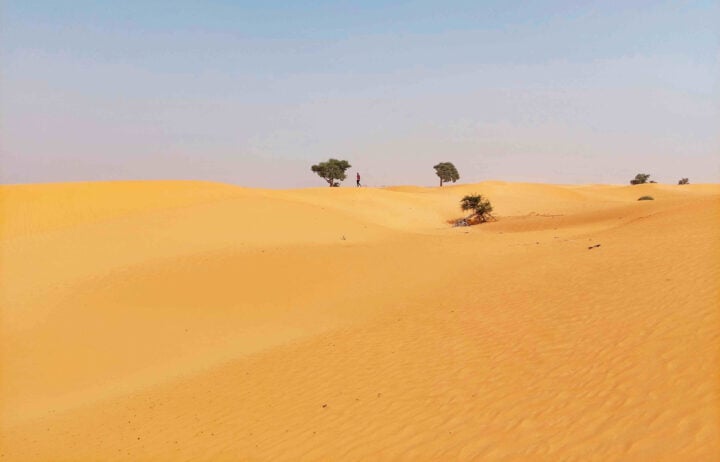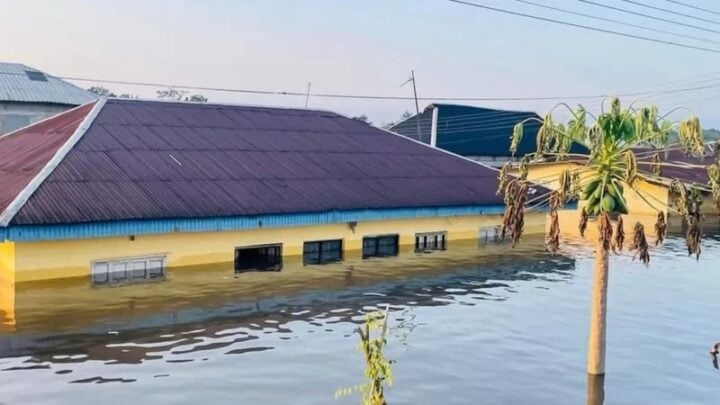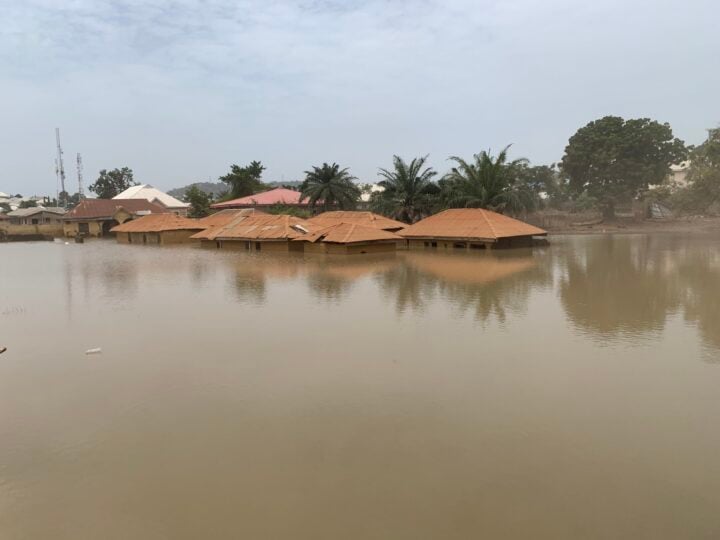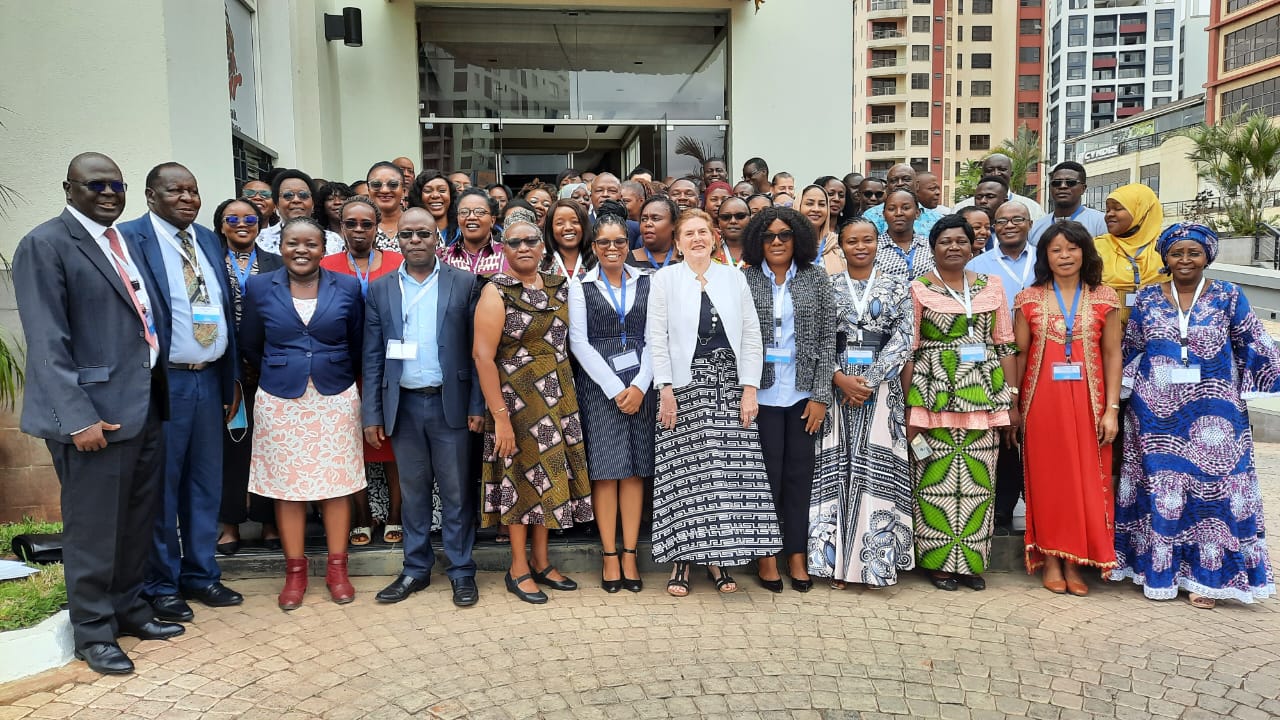President Muhammadu Buhari has asked least developed countries to adopt the issuance of sovereign green bonds for financing sustainable environmental projects.
A green bond is a fixed-income instrument for raising money for climate and environmental projects.
In 2017, Nigeria became the first country in Africa to issue a sovereign green bond. It raised ₦10.7 billion to fund solar power and afforestation projects. Also in 2019, the country issued a second bond which raised an additional ₦15 billion.
Represented by Mohammed Abdullahi, minister of environment, the president spoke on Tuesday at the UN conference on LDCs in Doha, Qatar.
Advertisement
He encouraged the world’s most vulnerable countries to adopt domestic resource mobilisation, adding that it breaks the difficulty in accessing climate finance.
‘‘Domestic resource mobilization is likely to break the yoke of difficulties in accessing funds from developed countries’ financial institutions, like Nigeria’s issuance of two sovereign green bonds that raised over N30 billion,” he said.
‘‘LDCs and developing countries must take a serious stand on the Cummings-Montreal resolutions on a new funding mechanism that is flexible, accessible and utilizable.”
Advertisement
He said Nigeria is taking the lead in climate actions and would ensure to support countries in the Sahel region towards adaptation and mitigation of climatic vulnerabilities.
He further pledged Nigeria’s commitment to use its position as host of the headquarters of the Sahel Climate Fund to ensure that members access climate finance at fairer conditions.
‘‘Nigeria is providing leadership to the Pan African Great Green Wall that is focused on land remediation, wetlands and oases recovery, as well as developing a community resilience programme to support the Sahel region towards adaptation and mitigation of these climatic vulnerabilities,” he said.
‘‘Furthermore, the country just recently, as a member of the Sahel Region Climate Commission, volunteered and was granted the rights to host the headquarters of the Sahel Climate Fund.
Advertisement
‘‘What we intend to achieve with this is to provide effective leadership towards mobilization of resources from member states, bilateral and multilateral partners, as well as private sector financial institutions, to foster cooperation and coordinated actions among Sahel Region Climate Commission members towards access to climate finance at fairer and reasonable conditions.
‘‘Nigeria, like other countries of the world, particularly those of the Sahel region has a lot of human activities that dangerously interfere with the earth’s natural defenses against solar radiation and temperature change, thus leading to extreme conditions that contribute to desertification and crop loss, causing further famine and starvation, grassland becoming deserts, flooding, extreme heat with fluctuating rainfall, drought with other challenges causing forceful migration due to climate change.
‘‘In Africa, diverse impact of climate change is an underlying cause of human population stressors, with conflicts resulting in regional instability. Climate change is, therefore, a threat to human survival with different degrees of challenges depending on the region.
‘‘Therefore, the Least Developed Countries and indeed developing countries are subject to climatic vulnerability caused by changes in rainfall patterns, extreme temperatures, desertification, drought, coastal erosion therefore affecting the general economy and wellbeing of the people.”
Advertisement
Add a comment
